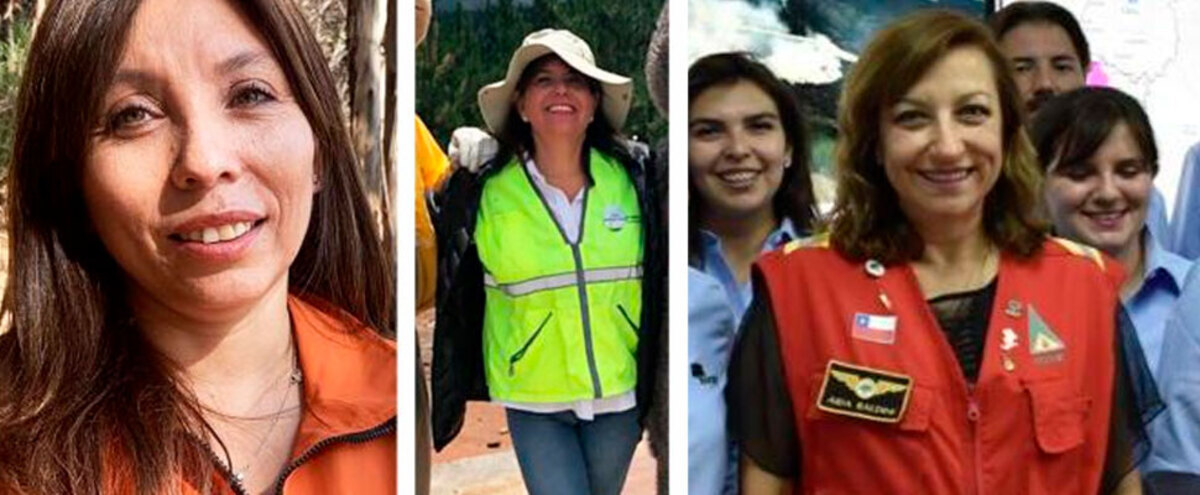3 Women Preservationists and Forests Lovers
Several studies by experts consider forests to be home to different animal and plant ecosystems. Even the 12 million indigenous people who live in these areas are also included.

The Woman Post | Carlex Araujo
Listen to this article
Forests are an area of approximately 4 billion hectares globally, which require women leaders and fighters to preserve their essence. This area is about 30% of the earth's surface; therefore, it needs values that do not generate an impact on its nature.
A newsletter published by the World Rainforest Movement in support of struggles for social justice in forests revealed that women have an essential role in maintaining a healthy environment because they have been taking charge for some time. The female gender implements a series of contributions to the management of forests since it obtains knowledge about these resources, in addition to being protective, conservative, and defenders of the environment. According to the University of Maryland, tree areas were lost in deforestation and fires, with all women's work and effort.
A study called "Forest Pulse: The Latest on the World's Forests" by Mikaela Weiser and Elizabeth Goldman revealed that rainforest destruction increased by 12% from 2019 to 2020. Unfortunately, much of that loss is due to the COVID-19 health crisis. However, together with women, some countries are working on economic recovery and environmental protection.
The report's figures indicate that the countries with the most losses in 2020 are working to transform, increase and overcome their positive feedback loop. The findings record an increase of 40 thousand hectares of losses for Colombia in 2020. However, by 2021 it has been calm, although small cases have been detected and attacked quickly. Nations such as Brazil, Bolivia, Peru, Colombia, and Mexico made a military deployment to curb deforestation.
3 Women Who Would Give Their Lives for the Forests
An article published by the website E-Corma Sustentable revealed women leaders fighting fires in rural areas. These emergencies that these warriors face are complicated situations that they constantly go through, but their bravery and courage manage to control the problem.
1. Silvia Hormazabal: The leader is in the best profession in the world. She is also an engineer in forestry execution and has 24 years of experience. Currently, she is Head of Forest Protection at The Comaco Company. This incredible woman shows that the obstacles to the participation of the female gender continue, but this is not an inconvenience to exercise work with love.
2. Angeline Castillo Orellana: A leader in mathematics, engineering, biology, and plant life who has been dedicated for 20 years and gave her life to forests and now values the challenge of the terrible human behavior that is emerging right now. The leader promotes women's equality and equity in rural areas and the environment.
Also read: CUSTOMERS ARE BECOMING MORE SUSTAINABLE
3. Aida Baldini Urrutia: A woman who has been working in the environmental field for 35 years and expressed amazement at the diversity that exists in our nature. In addition, she considers that the challenges in the fight against fires are a high level of demand and require experience in prevention strategies.
Forcefully, these women struggle with initiatives and programs to motivate and encourage other women to join the various opportunities offered by the environment. This female group seeks to make visible environmental activities and programs where there is cultural and ecological positioning with human behaviors, great talents, and experience to take on new challenges.




